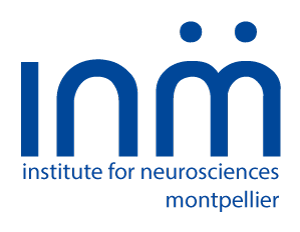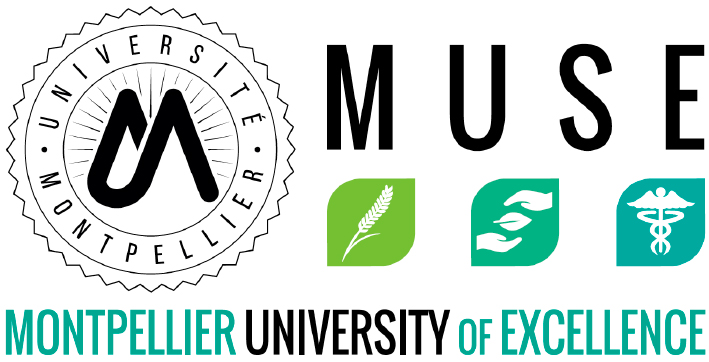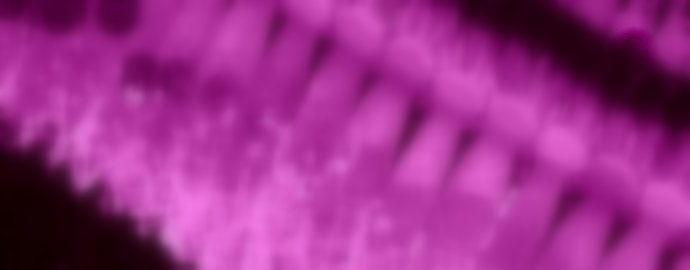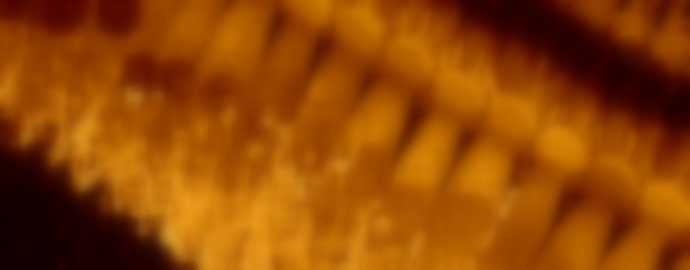Scientific interest
Unilateral functional amblyopia is characterized by abnormal development of visual acuity in one eye and binocular vision in childhood. The reference treatment of unilateral occlusion of the healthy eye is mainly aimed at young children, and has shown its limitations in terms of visual acuity relapse and compliance. This treatment often has no effect on binocular vision, which has an impact on stereoacuity, fine motor skills and thus on a wide range of daily activities.
A new dichoptic approach, aimed at reducing interocular suppression by modulating the contrast between the eyes, has been shown to improve visual acuity and, above all, restore binocular vision (stereoacuity) in children and adults with amblyopia.
In the context of the development of digital tools for the treatment of neurodevelopmental disorders of the visual system, the association between deficits in binocular vision and the structure of the visual cortex is not yet well identified. This project will study the influence of new therapeutic approaches for amblyopia on brain plasticity, and in particular on the processing of relief vision and interocular suppression.
Current research
1. Treatment of symptomatic convergence insufficiency by a new dichoptic reading application, at Hôpital Gui de Chauliac, CHU de Montpellier, with Dr M-C. Lorenzini and Pr V. Daien
˃ Clinical investigation of medical devices, Single-center prospective study
2. Study of a binocular treatment, through a dichoptic reading application, on the improvement of visual functions in amblyopic patients, at Hôpital Gui de Chauliac, CHU de Montpellier, and Hôpital Pierre-Paul Riquet of CHU de Toulouse with Dr M-C. Lorenzini, Pr V. Daien and Pr V. Soler.
˃ Clinical investigation of medical devices, Prospective multicenter study
Collaborations
Pr Robert Hess, Dr Alexandre Reynaud, Dr Alexander Baldwin, McGill University, Montreal, Canada
Funding
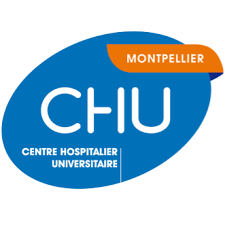
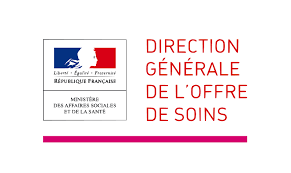
Contact
Marie-Céline Lorenzini


